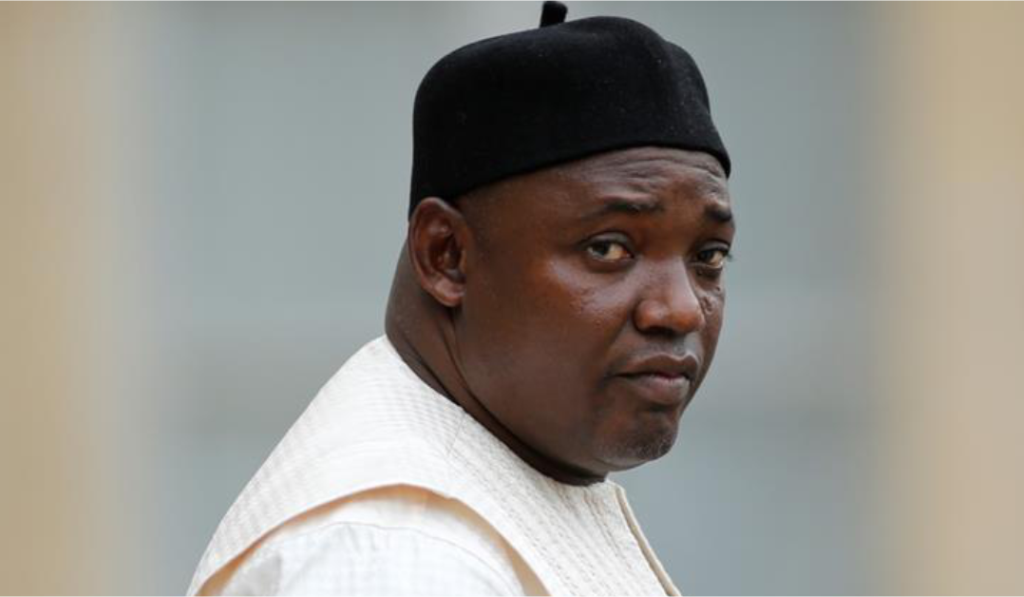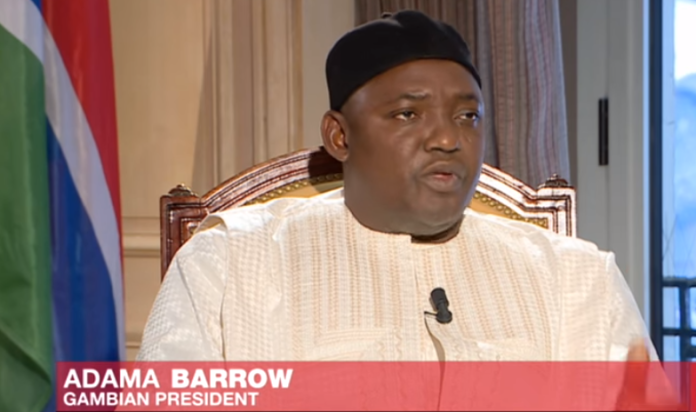
Abstract:
This paper comprehensively explores the adverse effects of leaders extending their presidential terms beyond constitutional limits in African countries. Drawing upon empirical evidence and case studies, it analyzes the erosion of democratic institutions, the stifling of political competition, the weakening of civil society and media, the socio-economic implications, and the threat to peaceful transitions. The findings underscore the urgent need to uphold term limits as a vital safeguard for democratic governance and emphasize the importance of promoting accountability, transparency, and inclusivity in African nations.
Introduction:
Presidential term limits are an essential feature of democratic governance, intended to prevent the accumulation of power, foster political competition, and ensure regular and peaceful leadership transitions. However, the phenomenon of leaders seeking to extend their terms has become increasingly prevalent in African countries. This paper aims to provide a robust analysis of the adverse effects associated with such decisions, drawing on empirical evidence and case studies.
I. The Erosion of Democratic Institutions:
Extending presidential terms beyond constitutional limits undermines the delicate balance of democratic institutions. Leaders who remain in power for extended periods often exhibit authoritarian tendencies, concentrating power and diminishing the checks and balances necessary for effective governance. This erosion weakens the separation of powers, undermines the rule of law, and hampers the accountability and transparency that are fundamental to democratic governance.
II. Stifling of Political Competition:
Term limits play a crucial role in fostering political competition, allowing for the emergence of new leaders, fresh perspectives, and innovative policies. When leaders seek to extend their terms, it often leads to the suppression of opposition voices and a lack of genuine political competition. This stifling of competition deprives citizens of diverse choices, inhibits democratic development, and hampers the ability to address the evolving needs of the society.
III. Weakening of Civil Society and Media:
Extended stays in power can have detrimental effects on civil society organizations and media outlets. Leaders who overstay their terms may enact restrictive laws or employ tactics to suppress dissenting voices and curtail freedom of expression. This weakens the ability of civil society organizations and the media to hold the government accountable and advocate for the rights and interests of citizens. A weakened civil society and media environment contribute to a less vibrant and participatory democracy.
IV. Socioeconomic Implications:
Prolonged stays in power can negatively impact socioeconomic development. Leaders who extend their terms may prioritize short-term gains or personal interests, compromising economic policies and reforms. This can result in economic instability, reduced investment, corruption, and mismanagement of resources, impeding progress in poverty reduction, infrastructure development, and human development indicators.
V. Threat to Peaceful Transitions:
Smooth and peaceful transitions of power are crucial for political stability and the preservation of democratic norms. When leaders refuse to step down at the end of their constitutionally mandated terms, it increases the likelihood of political unrest, protests, and even violence. Such situations have far-reaching consequences, including humanitarian crises, population displacement, and regional instability.
Conclusion:
This empirical analysis highlights the significant adverse effects associated with extending presidential terms beyond constitutional limits in African countries. The erosion of democratic institutions, the stifling of political competition, the weakening of civil society and media, the socio-economic implications, and the threat to peaceful transitions underscore the urgent need to uphold term limits as a safeguard for democratic governance.
To protect and promote democracy, it is essential for citizens, civil society organizations, and the international community to remain vigilant and advocate for the adherence to term limits. By upholding the principles of democratic governance, respecting the separation of powers, and nurturing political competition, societies can create an environment that fosters accountability, transparency, and inclusivity.
By Modou Gaye
New York, USA


